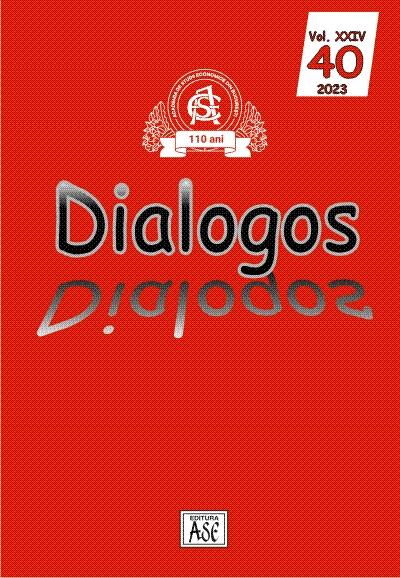The Phygitalization of Moderne Languages Teaching
in the Aftermath of COVID-19
The Phygitalization of Moderne Languages Teaching
in the Aftermath of COVID-19
Author(s): Ramona Elena CHIȚU, Alexandra MORARUSubject(s): History, Social Sciences, Language and Literature Studies, Geography, Regional studies
Published by: EDITURA ASE
Keywords: digital technology; computer-based tasks; teaching desiderata; info dumping
Summary/Abstract: Against numerous, more or less favourable backgrounds, education is among the many fields of activity always changing for progress, as it is designed so as to meet the needs of society. For some decades now, and even more to come, the main trigger for change has been technology. Being acknowledged for its immediate benefits, such as effort and time saving or enjoying the convenience of accessing wide-open resources, digital technology has considerably influenced all interested stakeholders’ perspective on education. This article aims to present the role that digital technology tools play, not only in addressing the teaching challenges inherent in the aftermath of the COVID-19, but also in engaging and empowering students attending the English for Economics and Business Communication seminar at the Bucharest University of Economic Studies (ASE Bucharest). Many of the approaches used in what was called hybrid, blended, asynchronous or semi-synchronous teaching and learning currently prove to be useful tools in bridging the digital world with the physical one, with the purpose of driving engagement, avoiding info dumping, diversifying assessment means, all in all providing interactive experiences for both teachers and learners.
Journal: Dialogos
- Issue Year: 24/2023
- Issue No: 40
- Page Range: 55-66
- Page Count: 12
- Language: English

